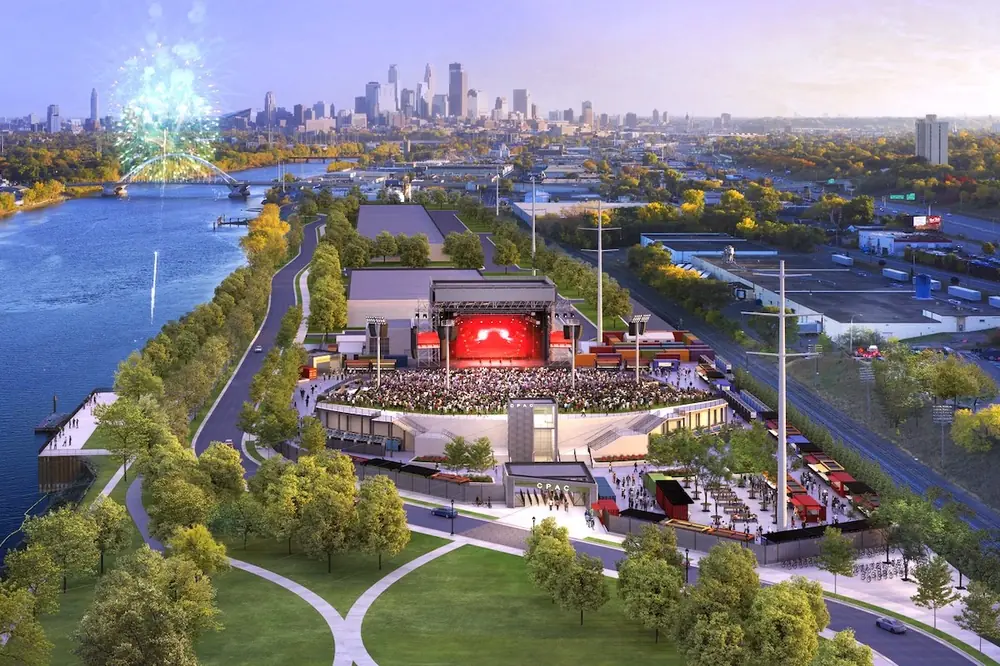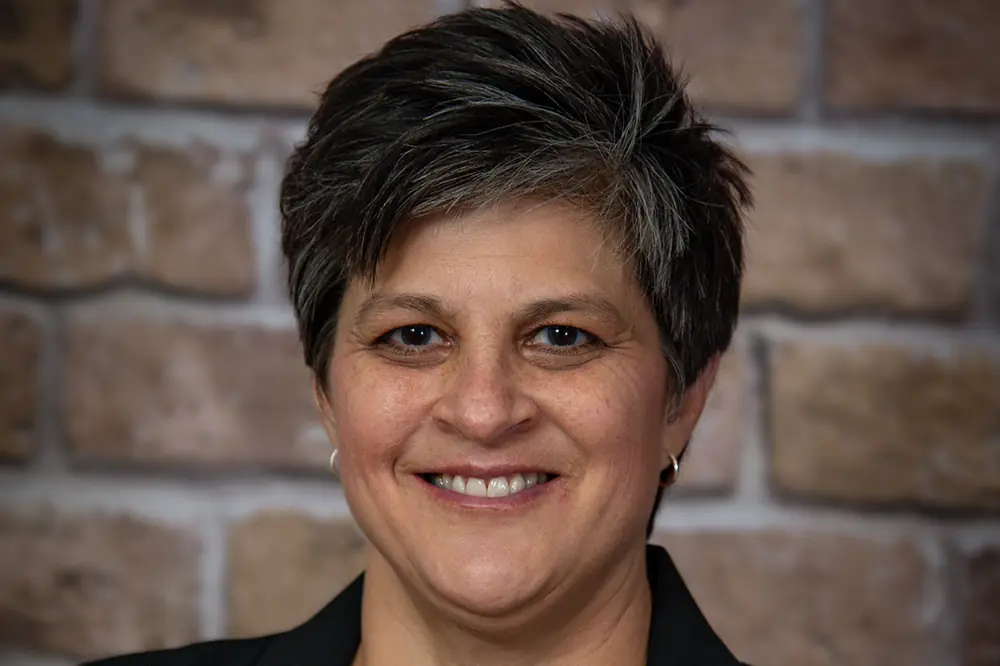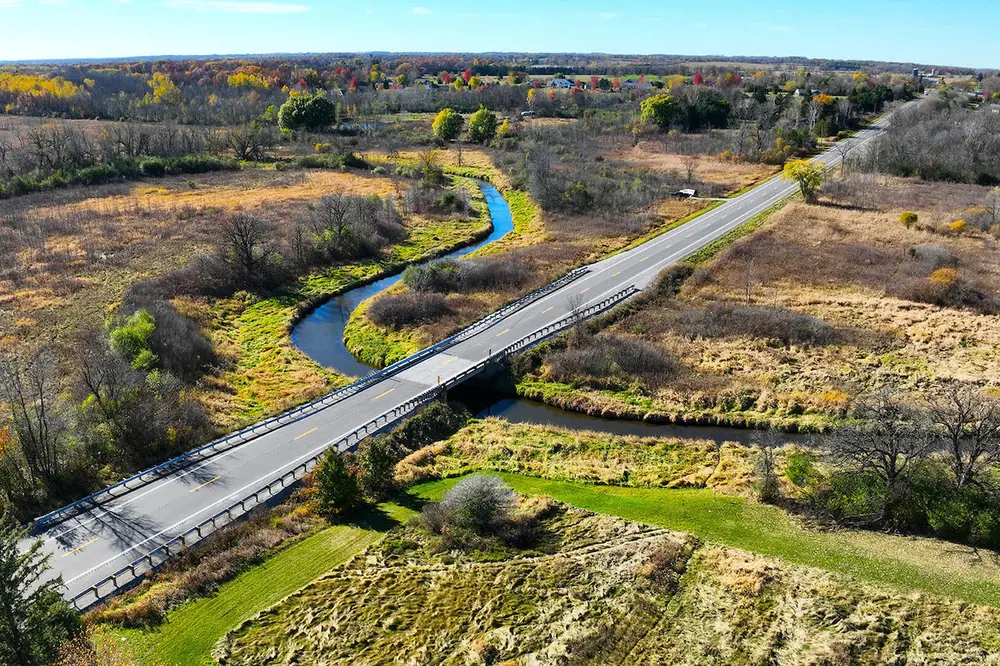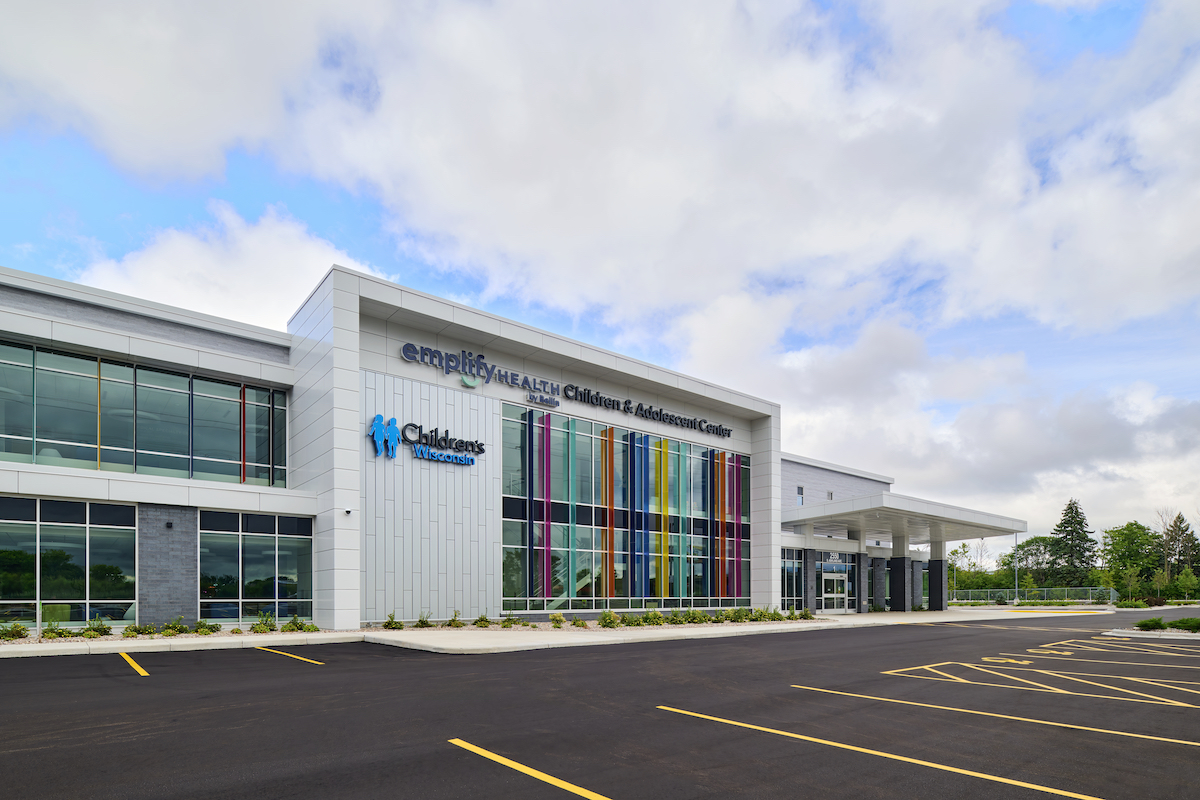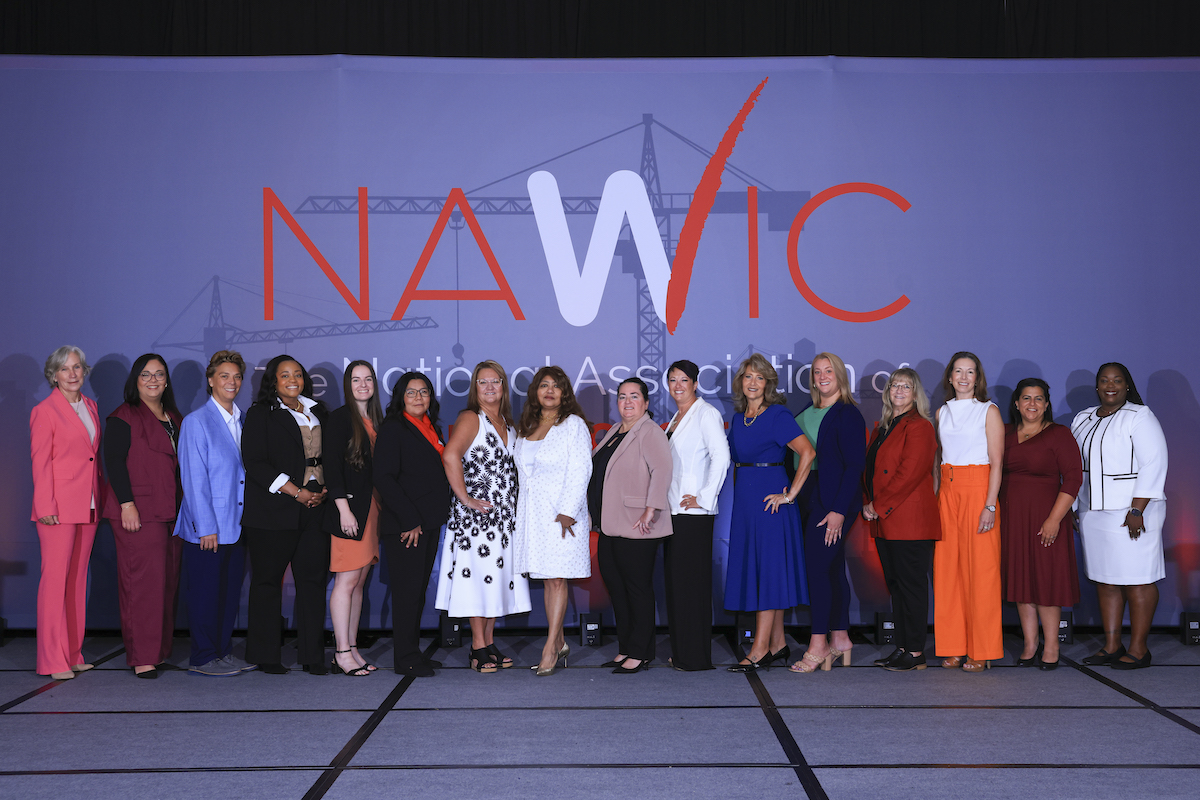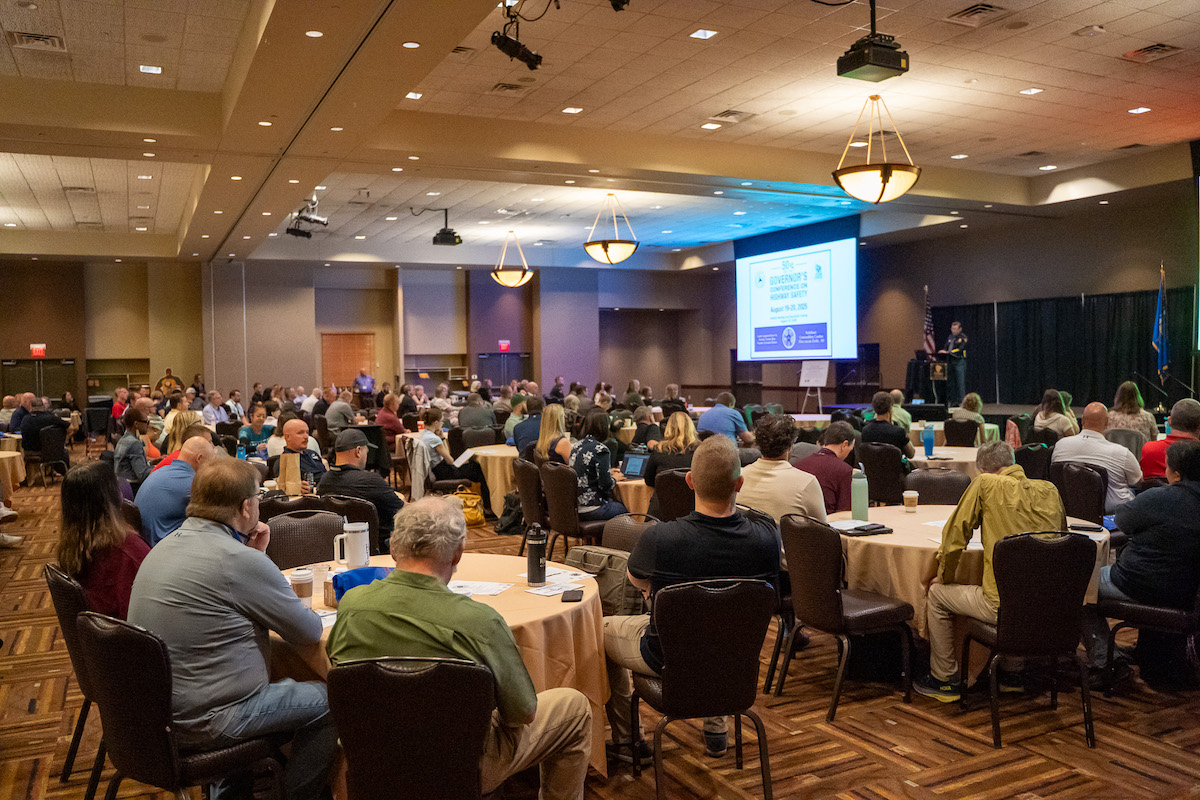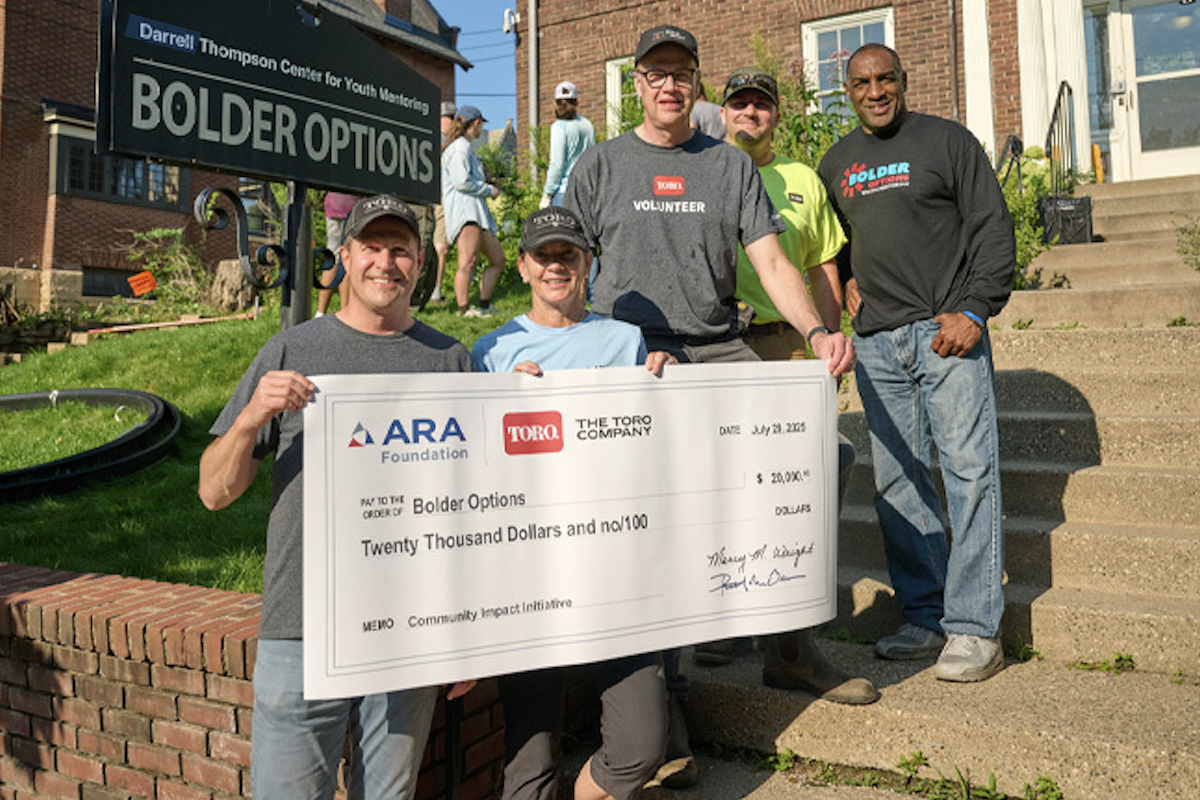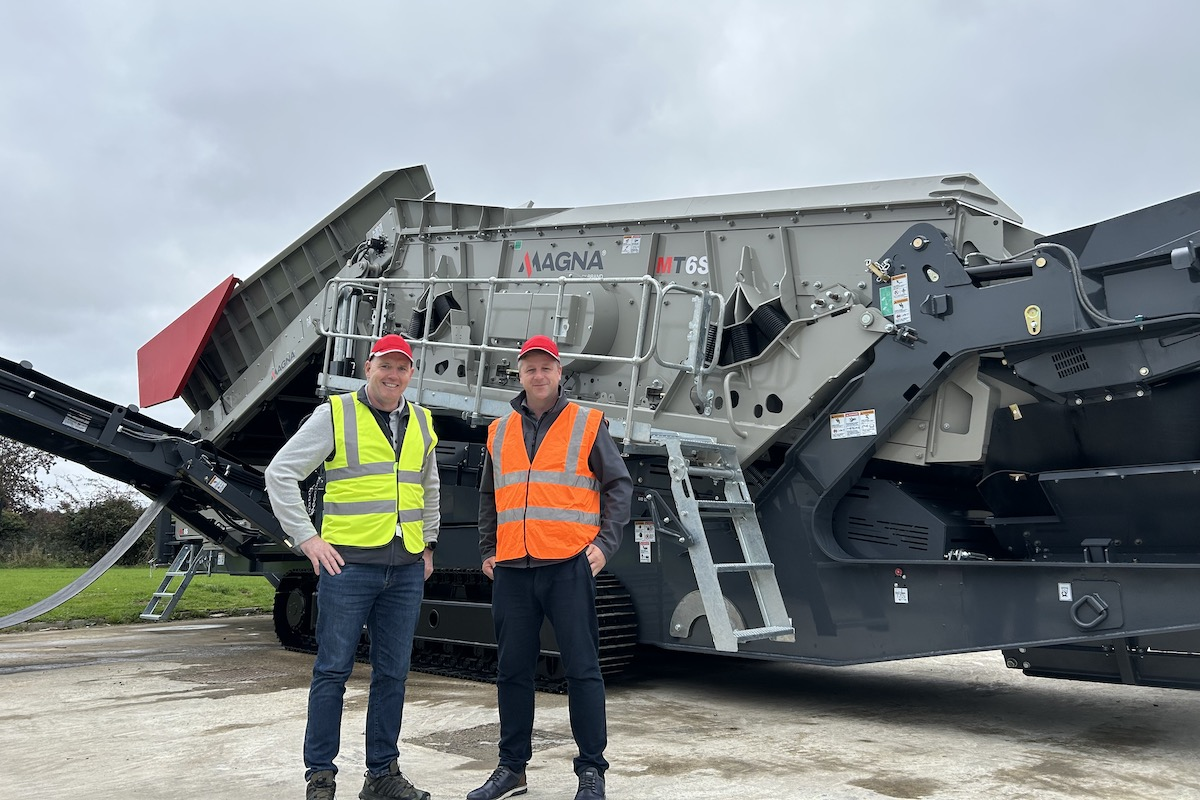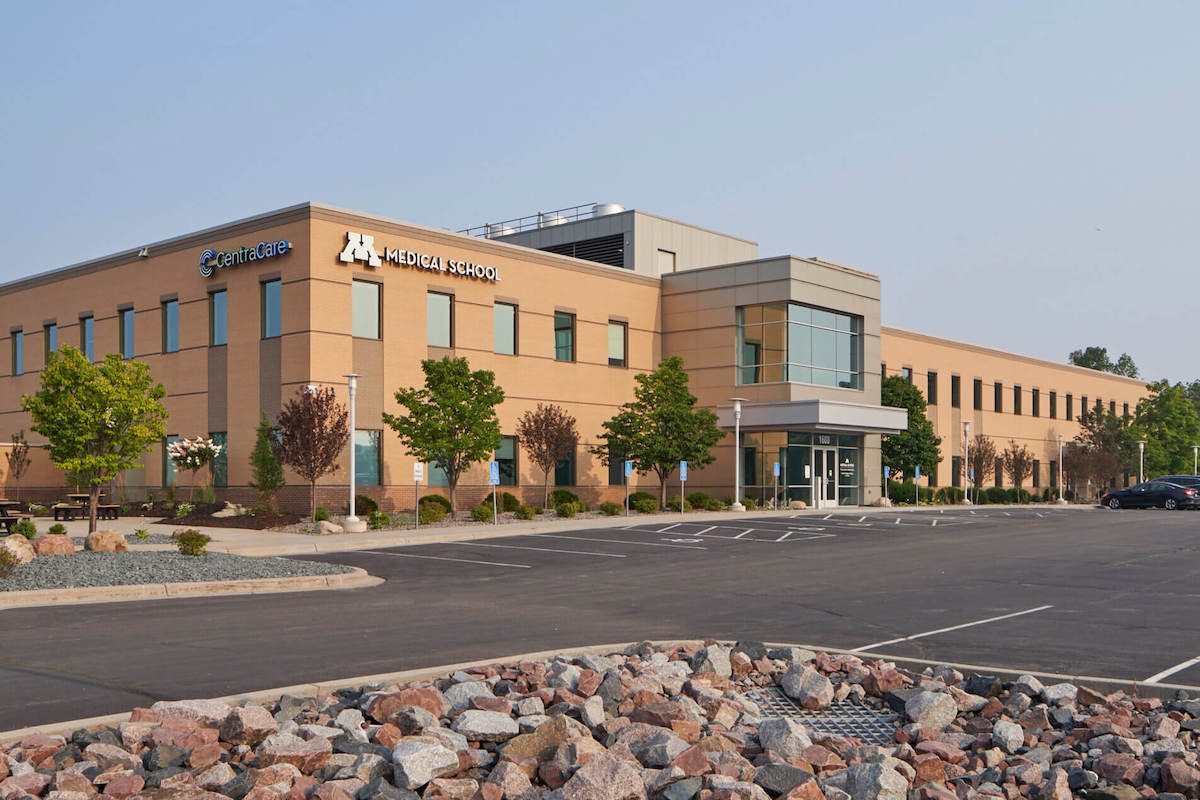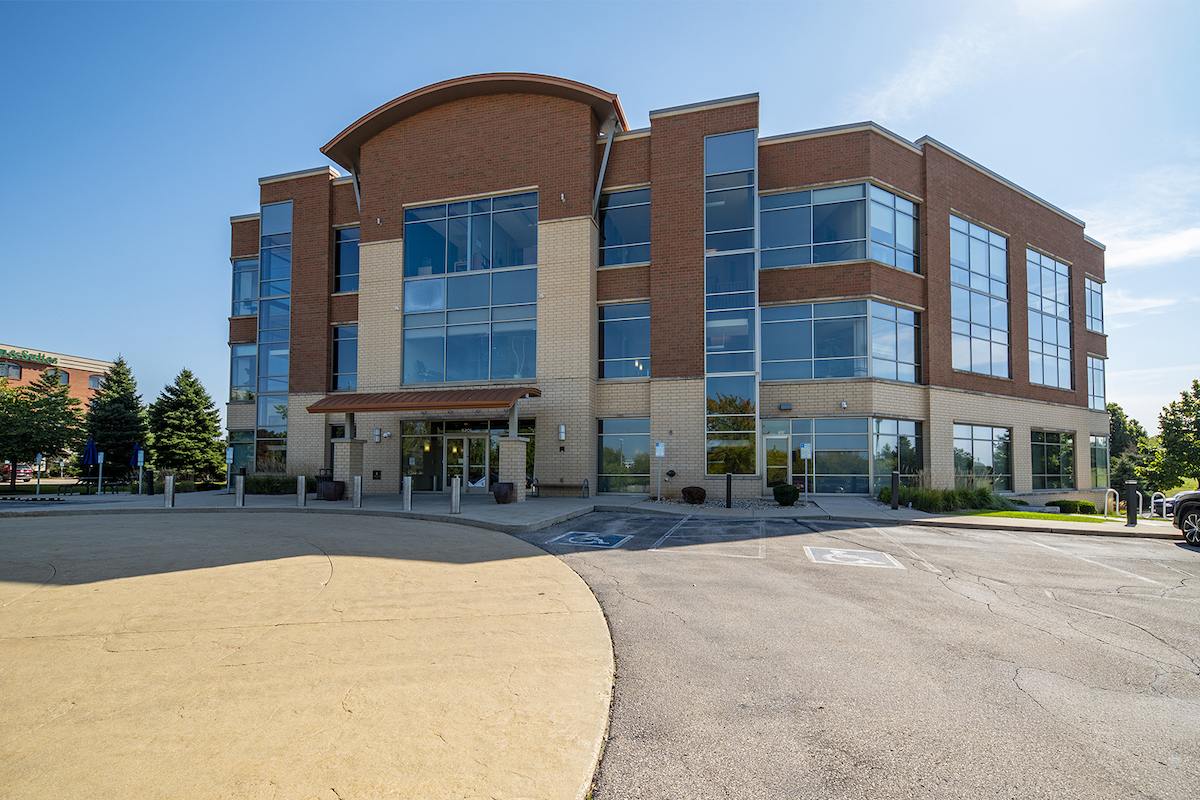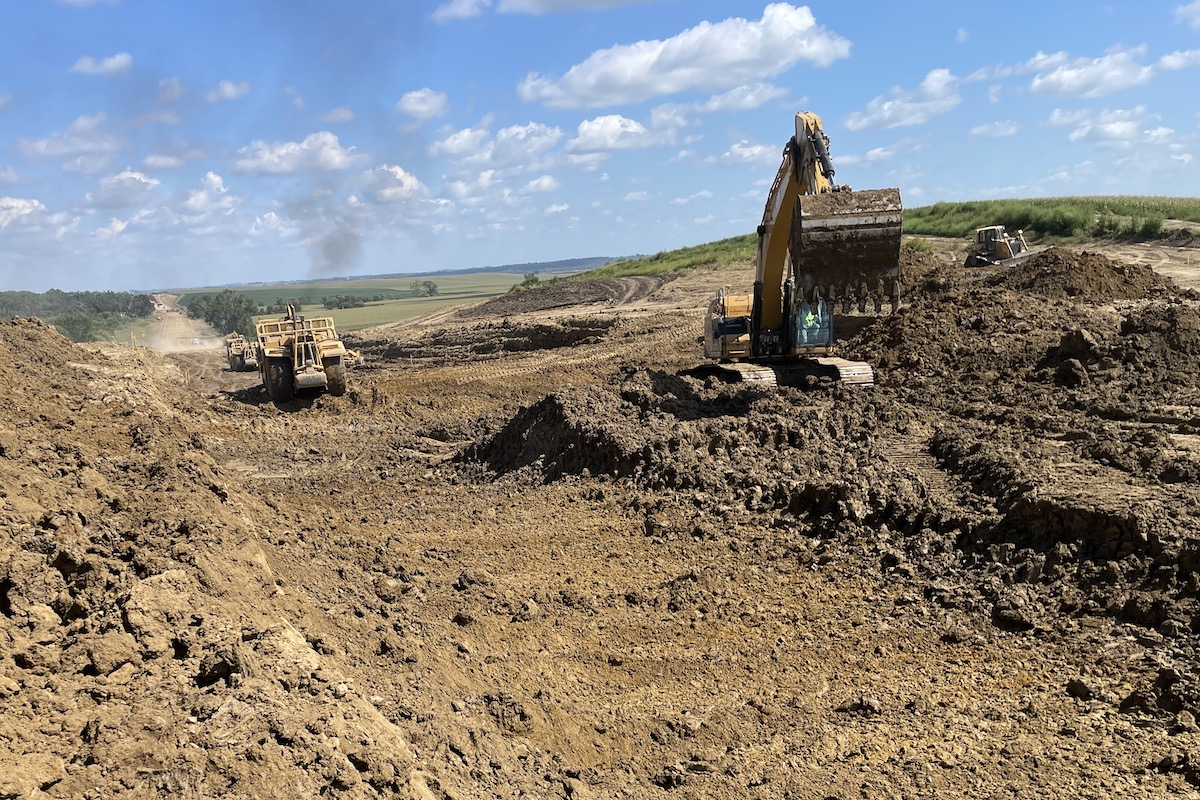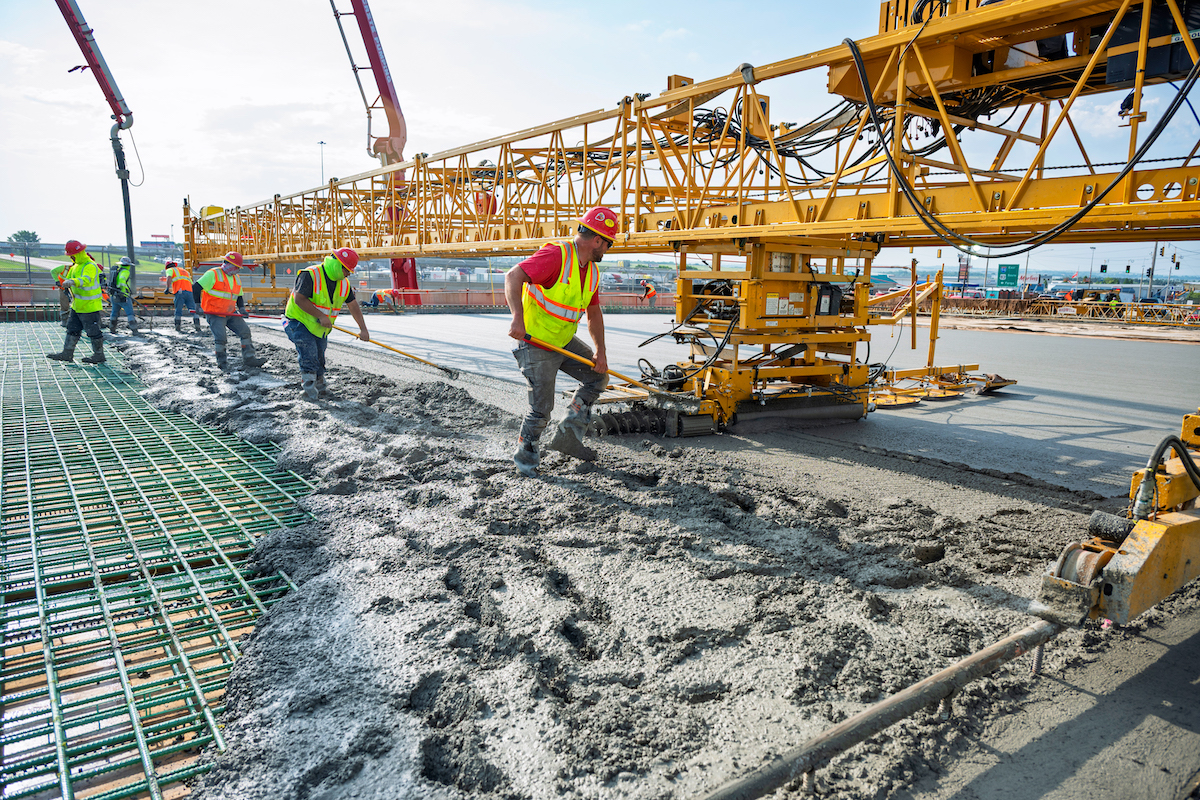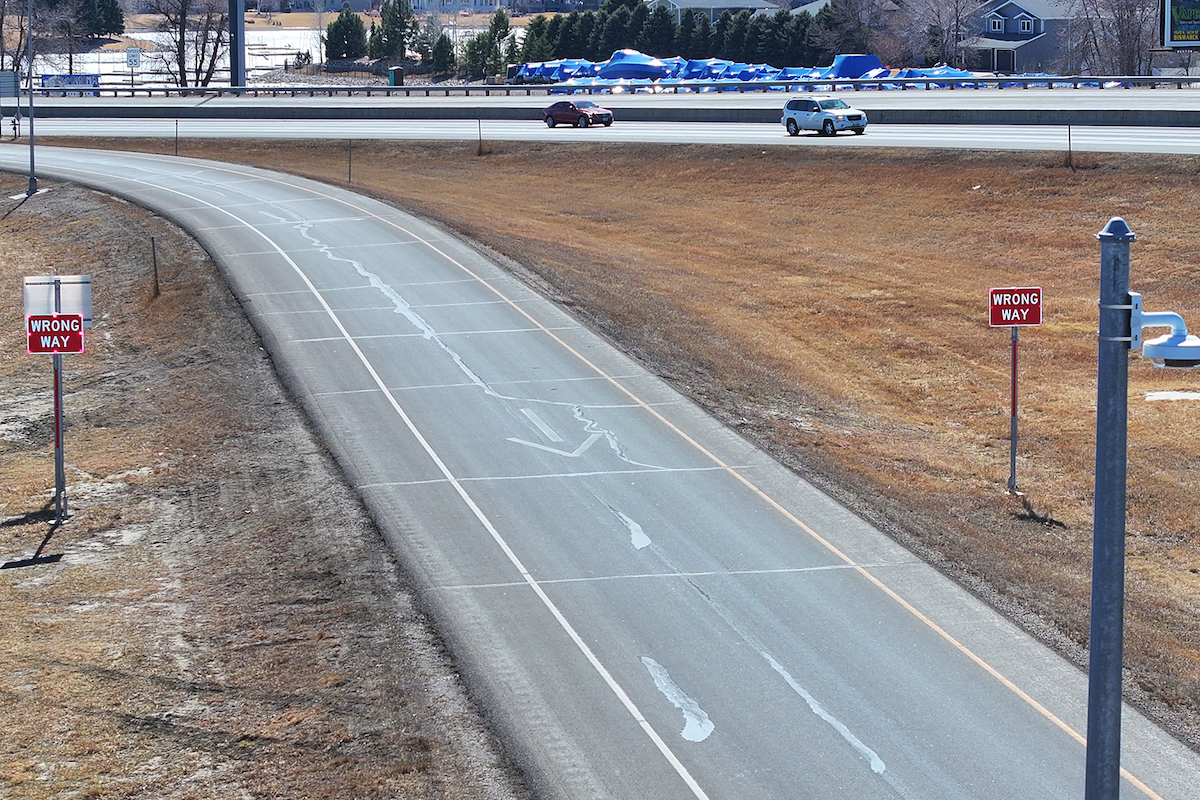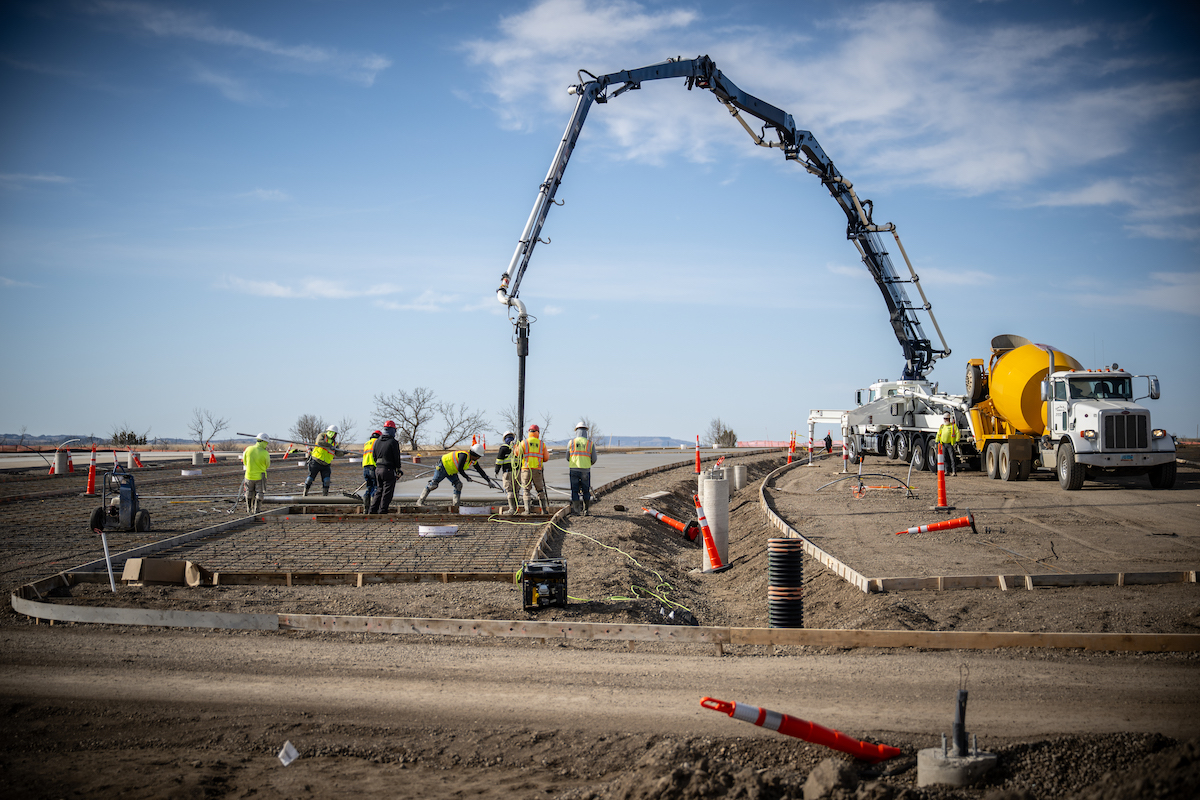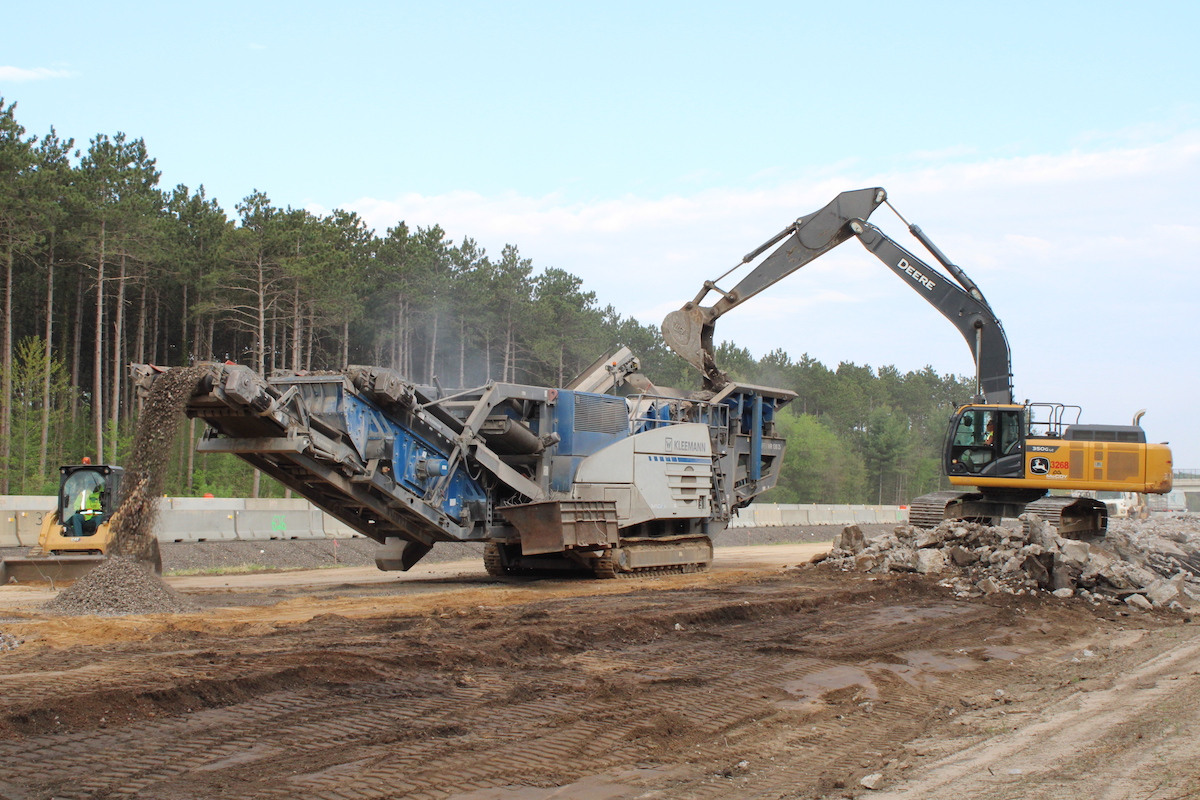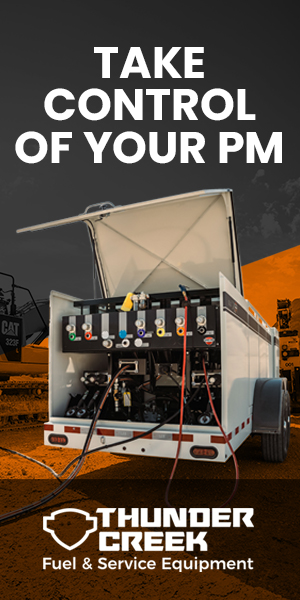“This is a once in a generation project,” says Grant Hilbers, Vice President of Engineering for Windsor-Detroit Bridge Authority (WDBA) in Windsor, Ontario, Canada. “This is a tremendous infrastructure project.”
The $5.7 billion (Canadian) project entails collaboration with Michigan and Ontario.
“There are different standards and local ordinances in the two communities,” Hilbers says. “Having that all work together is a bit of a challenge.”
The bridge is being built to both U.S. and Canadian standards, with the team applying the most stringent requirements.

| Your local Komatsu America Corp dealer |
|---|
| Road Machinery and Supplies Company |
| Road Machinery and Supplies Company |
“It’s a unique approach and adds to the challenges,” Hilbers adds. “The outcome is going to be fabulous.”
Plans for the new bridge have been in the works for more than two decades, as the governments of both countries considered whether there were more effective ways to move people and goods than on the aging Ambassador Bridge.
“More than 25 percent of Canada-U.S. overall trade passes through this corridor,” says Heather Grondin, Vice President of Corporate Affairs and External Relations for WDBA. “There are benefits of having multiple points where people can cross the border.”
The Ambassador Bridge, built about a century ago, will remain open, creating redundancy and a second option for handling traffic and trade volume as it increases in the future, Grondin adds.
“We’re a family, and we have to work well together,” says Terry Poole, Construction Manager with BNA. “The joint venture partnership is going well.”

| Your local Volvo Construction Equipment dealer |
|---|
| Nuss Truck & Equipment |
| Nuss Truck & Equipment |
Poole praised the resiliency of the construction crews, who continued to show up to work every day regardless of the cloud of the COVID-19 pandemic or inclement weather.
“It’s a testament of the labor force to the two areas: Metro Detroit and Windsor and Essex County,” Poole says. “We plan the work and work the plan.”
BNA has separate labor forces completing work in Canada and the United States.
“We don’t mix and match,” Poole says. “Many of us have to go back and forth. There has to be close coordination.”
The team divided the project into four phases: the bridge, ports of entry in the United States and Canada, and a new interchange with Interstate 75 in Michigan. All are under way.

| Your local Gomaco dealer |
|---|
| Hayden-Murphy Equipment Co |
| Gomaco -Contact For a Dealer Near You |
CS Infrastructure of Coral Gables, Florida; Fluor; and AECOM will operate and maintain the bridge and the ports of entry. Michigan will operate and maintain the I-75 interchange.
The team considers sustainability important and received the Envision Platinum Award from the Institute for Sustainable Infrastructure for the bridge and highway work and is seeking LEED certification for the port of entry buildings.
“There are a variety of sustainability features that have been put in,” Hilbers says. “All of the elements of design and construction were looked at closely.”
BNA is building the bridge from each shore. Elements of the bridge deck will be fed to the leading edge over the river from the backspan, which is being erected this year, one section at a time, and then lifted by a crane at the tip of the cantilever over the river. The bridge deck will meet in the middle from the U.S. and Canadian sides. The decision on these means and methods was due in part to environmental concerns and to avoid icy conditions trying to work in the river.
“Since neither of the towers are located in the river, you don’t have to get in the water,” Poole says. “Not having the piers in the river or close enough to the water’s edge where you would have to construct a coffer dam to keep the water out is a bridge builder’s dream.”

| Your local Trimble Construction Division dealer |
|---|
| SITECH Dakotas c/o Butler Machinery |
| Fabick CAT/WI |
| SITECH Dakotas c/o Butler Machinery |
| SITECH Northwest |
| SITECH Mid-America |
The towers and jump forms are the same on both sides of the river. The bridge deck will rise 138 feet above the river.
Crews are placing the concrete in the towers using a mini placer concrete pump on top of the tower. A long slick line brings the concrete up from a ready-mix truck and the mini placer deposits it where needed, Poole explains. While common in high-rise buildings, a mini placer has rarely been used in North American bridge work.
Work on the structural-steel deck will take place in 2022, starting on the American side. The first deck steel will be erected in Canada, Poole says. March 2022 will see the first pier table steel getting erected in both countries.
The bridge features LED lighting. Stormwater from the bridge will flow into storm ponds, which will retain and filter it before discharge.
“The soil is silty and pretty wet, which you would expect with the proximity to the Detroit River,” Grondin says. “The work undertaken was done to consolidate and solidify the ground.”

| Your local Link Belt dealer |
|---|
| Hayden-Murphy Equipment Co |
Crews also raised the existing grade by 6 feet to 10 feet, using engineered fill surcharge hauled from excavations at the I-75 interchange and 105,000 wick drains, which work like a straw to pull water from the land.
“We are sure we are building our buildings on very solid ground,” Grondin says.
Formerly the U.S. port of entry site was an industrial area with soil contamination. BNA takes soil samples and tests at regular intervals.
On the U.S. side, the port of entry will have a 326,335 square feet building and 36 inspection booths. On the Canadian side, there will be 24 inspection booths, 16 toll booths and a 133,000-square-foot building. Native plants and trees will be planted at both ports of entry.
“It’s the first permanent aspects of the project that are open and being used,” Grondin says.

| Your local Komatsu America Corp dealer |
|---|
| Road Machinery and Supplies Company |
| Road Machinery and Supplies Company |
Two additional bridges have been demolished and are being reconstructed. Additionally, crews are expanding and reconstructing service drives on each side of the interstate. The bridge authority is meeting with nearby communities to discuss the addition of noise walls to mitigate noise from the highway.
The entire project is scheduled for completion in 2024.
“It’s a pleasure to be working on this project,” Hilbers concludes. “I cannot wait to see it completed.”
Photos courtesy of the Windsor-Detroit Bridge Authority



















